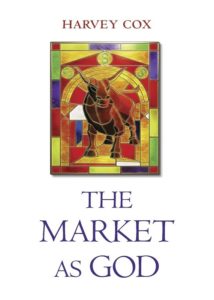 A theological look at the economy
A theological look at the economy
In The Market as God, author Harvey Cox captures how our world has fallen in thrall to the business theology of supply and demand. According to its acolytes, the Market is omniscient, omnipotent, and omnipresent. It knows the value of everything, and determines the outcome of every transaction; it can raise nations and ruin households, and nothing escapes its reductionist commodification. The Market comes complete with its own doctrines, prophets, and evangelical zeal to convert the world to its way of life. Cox brings that theology out of the shadows, demonstrating that the way the world economy operates is neither natural nor inevitable but shaped by a global system of values and symbols that can be best understood as a religion.
Reviews and endorsements of the publication include:
“The Market as God attempts to begin…challenging how political liberalism constrains moral and religious critiques from entering the public sphere, and how economic liberalism—by insisting the market holds primacy above all—constrains us from building a more just and equal society… By highlighting the limits of our economic and religious lives, and by reminding us of our powers to renovate our current world, Cox clears the space for a new generation of Christians to begin to develop a more public and egalitarian politics. And that alone is more than enough to be grateful for.”—Elizabeth Bruening, The Nation
“Through an astonishingly productive lifetime, Harvey Cox has always been alive to the most important movements of the spirit in our culture. His observations on the deification of the market and his ingenious sense of how market theology has developed a scripture, a liturgy, and sophisticated apologetics allow us to see old challenges in a remarkably fresh light. Like so many of the market’s critics, he’s also trying to redeem it so that it might serve its proper ends. An essential and thoroughly engaging book.”—E.J. Dionne, Jr., author of Why the Right Went Wrong
For more information on the publication, click here.
Fellow travelers are scholars, activists, and practitioners that embody the ideals and commitments of the Project on Lived Theology. We admire their work and are grateful to be walking alongside them in the development and dissemination of Lived Theology.

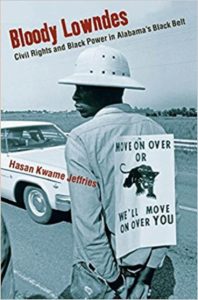
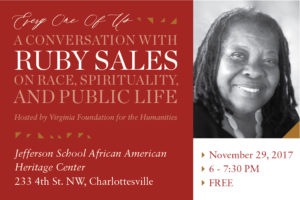

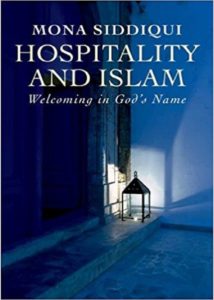
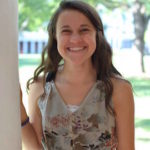 Megan Helbling
Megan Helbling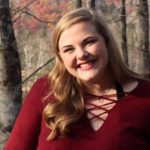 Sarah Katherine Doyle
Sarah Katherine Doyle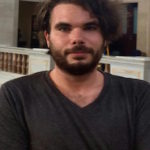 Joe Kreiter
Joe Kreiter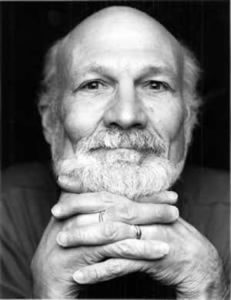 Securing Kierkegaard’s Witness for Us Today
Securing Kierkegaard’s Witness for Us Today